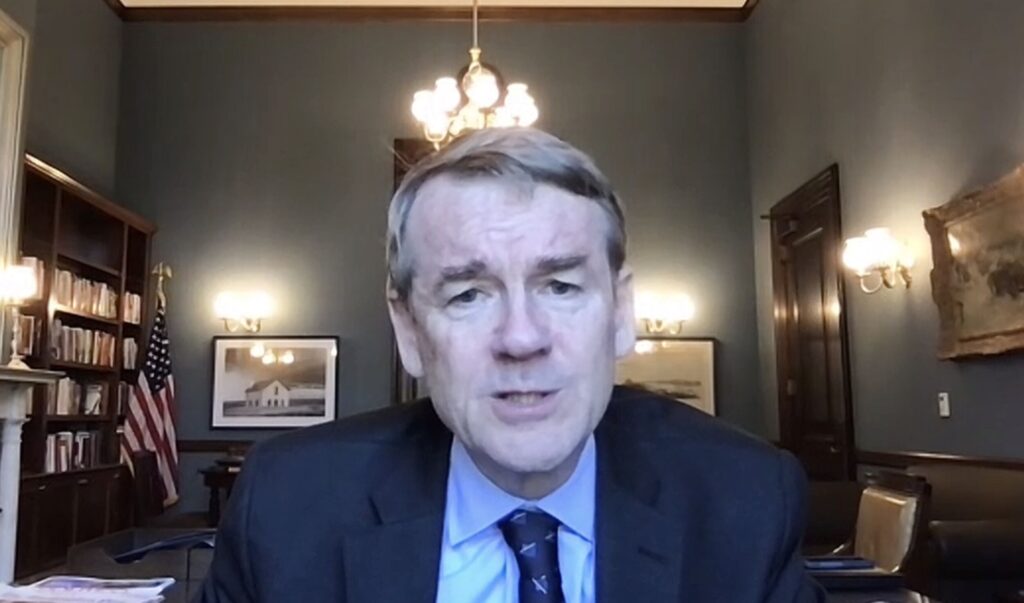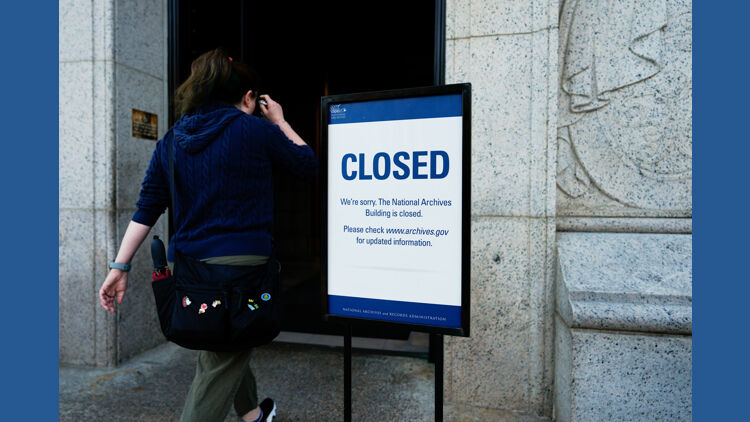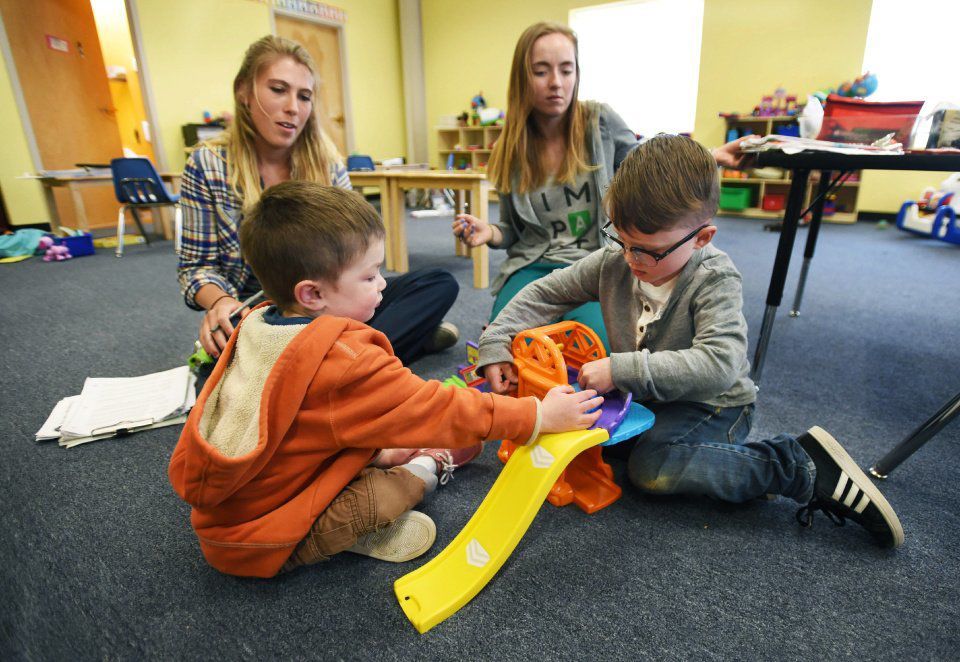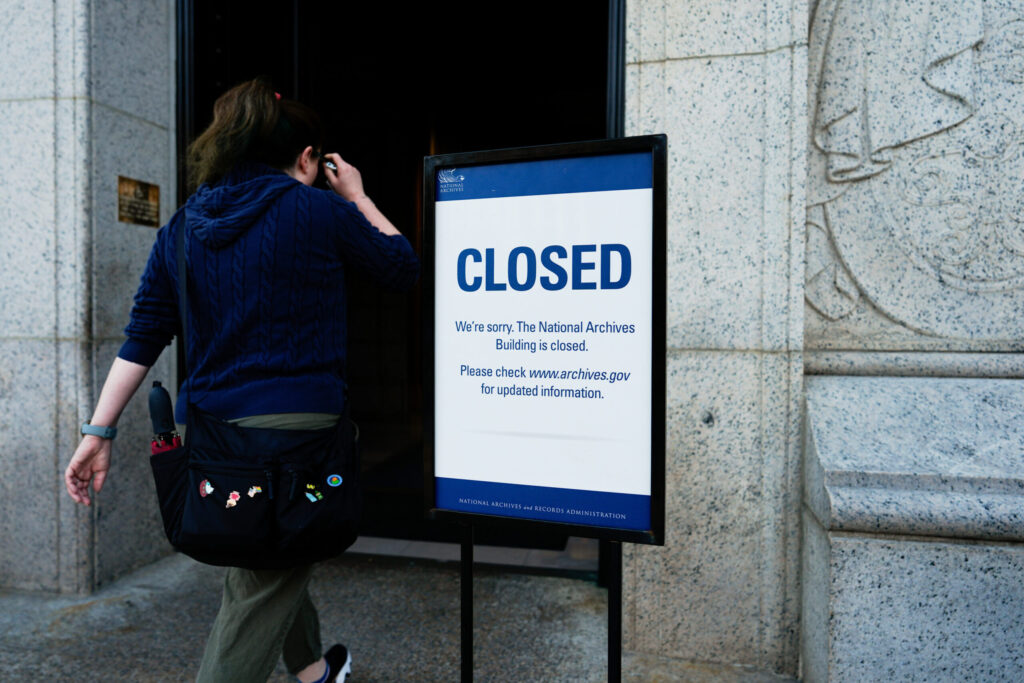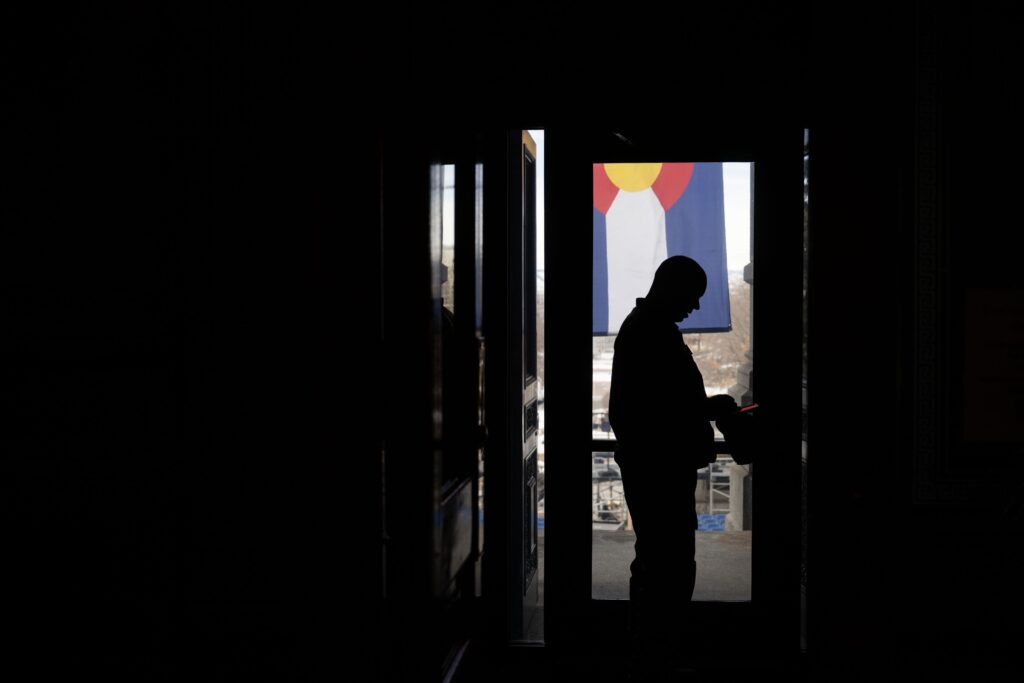Transportation got everyone’s attention on the opening day of Colorado’s legislature
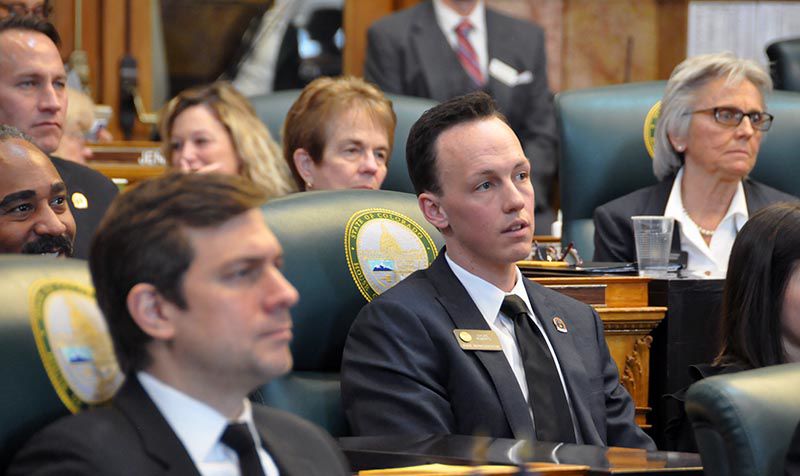
The transportation issue squealed its tires out of the gate on the opening day of Colorado’s legislative session.
Transportation funding dominated last year’s session, but a bipartisan bill to ask voters for a sales tax hike hit a roadblock among senators in the Senate, who preferred the money come from existing taxes in the state budget. That fight will begin anew in the 120-day confab that began at the Capitol Wednesday.
Republicans will seek to write $300 million into the state budget each year to pay back bonds to address traffic congestion, especially on interstates. Democrats remain concerned about siphoning off money for unmet needs in education, affordable housing and other social programs.
Most would prefer “new revenue,” meaning a tax hike approved by voters.
Gov. John Hickenlooper is expected to address transportation in his State of the State speech Thursday.
“With little money going to transportation since 2009 and a federal infrastructure program looming that will require significant state matching dollars, the time is now!” said Sandra Hagen Solin of Fix Colorado Roads, a statewide organization of chambers of commerce and other business and transportation groups.
“Let’s grab hold of this rare opportunity to invest in transportation. Let’s finally make transportation a priority alongside the other priorities in our state budget. We thank the leaders for highlighting transportation funding and finance as one of their highest legislative priorities in 2018.”
Fix Colorado Roads has been trying to broker a compromise on transportation funding since 2015.
Tony Milo, executive director of the Colorado Contractors Association, which includes road-builders and other transportation interests, said it’s time lawmakers heard the alarms and acted on them.
“For several years, CCA along with many other community leaders have been sounding the alarm on our transportation infrastructure. We simply must find a long-term funding source for our transportation infrastructure,” he stated. “Major urban roads are becoming increasingly congested and drivers are wasting significant amounts of time and fuel each year. Even more important, our roads and bridges have deteriorated to a dangerous point and are putting drivers at risk.
“Without a solution, our economy is at risk. Job growth is at risk. Safety is at risk. And, our quality of life is at risk. Our challenge remains. We absolutely must find a solution to our transportation woes. We look forward to working closely with legislators to achieve a solution.”
Jesse Mallory, the state director of the conservative outfit that most reliably gets in Republicans’ ears, Americans for Prosperity, told Colorado Politics, “Talk is great, but having the discipline to prioritize existing funds to get Coloradans out of traffic is always another story. And now that the general fund has received a bump from federal tax reform, there is no excuse for the General Assembly to seek a tax increase. But if they do, AFP will be there to oppose it.”
Mallory was the chief of staff for Senate Republicans last year before taking the AFP role after the session.
State Rep. Justin Everett, a Littleton Republican and one of five legislators running for treasurer this year, applauded House Republican Leader Patrick for painting a stark description of the state’s priorities.
“Either the Democrats want to fund roads or they don’t,” Everett told Colorado Politics. “They’ve shown no willingness to fund roads without a tax increase. Whether they’re going to fire teachers and close schools to get a tax increase, they’re holding roads hostage. This is the type of Washington politics that the speaker allegedly fights against, but she pulls this Washington-type politics every year I’ve been down here. When I got down here six years ago, the state budget was $21.3 billion. Now we’re pushing $30 billion, and we can’t fund the roads without raising taxes and fees? That’s just not true.”
He said he was skeptical about early word that Senate Republicans want to bond road funding. “We have a different philosophy here in the House. I don’t think we need to put the state into more debt. The money is there; we just have to have the guts to make it a priority.”
Everett added that he agreed with Neville’s refrain, “When is enough enough?” and predicted voters will have the same question in November.
“One of the priorities of government is to fund roads and bridges, and we have not been doing that. We have not been meeting the No 1 priority of the state for a long time,” he said. “We need to make that the No. 1 budget priority, if we have priority budgeting, and then everything else should fall into place after we fund the roads. Being on the campaign trail the last nine months all over Colorado, roads just aren’t an issue, it is the No. 1 issue, far and beyond anything else. If we don’t do that in the Legislature, the state of Colorado will say we need new leadership.”
The legislature’s newest Democrat, state Rep. Dylan Roberts of Eagle, who was elected to fill a vacancy created when Rep. Diane Mitsch Bush stepped down in October to run for Congress, said he’s open to hearing proposals from both sides of the aisle.
“It does sound like the parties are pretty far apart, which is an unfortunate way to start on opening day,” Roberts said. “For me and my district and all of western Colorado that relies on I-70 and the rural highways, transportation funding is a top priority. I’m open to all ideas – I’m not taking a position, I want to see (the) bills. If it’s good for my constituents, I’m interested in hearing what the other party has to offer, but I also think our caucus has some ideas about transportation funding. I’m hoping when we leave here in May, that we have done something to address the transportation system here in Colorado.”
Another new legislator, Rep. Judy Reyher, R-Swink, said she has a longstanding familiarity with Colorado’s rural roads and wide open spaces. She was appointed by a vacancy committee to replace Rep. Clarice Navarro, R-Pueblo, when Navarro was appointed to a position in the Trump administration last year.
“Since I’m from a rural area, some of the times when we hear ‘transportation’ out of the assembly, we kind of chuckle,” she said, recalling that whenever Gov. Roy Romer would visit her part of the state, he always flew rather than drive the rural roads, which were challenged a generation ago and have suffered years of neglect since.
“We drive on pretty rough roads all the time, and ‘transportation’ does not mean ‘urban.’ Our roads need some work, and they have for several years.”
She said education funding is an issue, noting that teachers often can’t afford to live on their salaries unless they’re married, as Duran said in her remarks. “Educating a child isn’t herding them into a room and putting a person in front of them. There’s more to it than that.”
She said if the extra money can find its way to outlying areas, it could be money well spent but cautioned that isn’t what she’s seen happen with state spending. “We live in a state that’s hot-cold, hot-cold, hot-cold, so you can’t keep roads repaired unless we repair them. Education needs money, but I’m not sure education is the only thing that needs addressed, and we need to worry about more than just the money with that.”
Rep. Jessie Danielson, a Democrat from Wheat Ridge, said she’s willing to listen before making up her mind.
“If there are ways of using existing revenues, we should look at it,” she said. “But we’re struggling to make ends meet when it comes to funding education and the basic services of government. I’ll be interested to see what Republicans put forward.”
Republican Rep. Jon Becker of Fort Morgan said lawmakers have the money to address transportation without asking voters for a tax hike.
“It’s time for us to be diligent with the money they give us, and spend it where they ask: fixing roads and bridges and building our rural broadband and take care of skyrocketing health care costs,” he said. “Until that’s done, no way we can ask for more money.”
Rep. Brittany Pettersen, a Democrat from Lakewood, told Colorado Politics that the state faces multiple needs.
“Transportation and education need to be top priorities for us,” she said. “We’re balancing the needs of our state and the areas where our constituents want us to invest, and those are the priorities for Democrats and Republicans.”
Pettersen dismissed a mocking reference by House Republican Leader Patrick Neville to putting in pogo-stick lanes as transit.
“Transportation issues are beyond just roads and bridges,” she countered. “It’s also about transporting people with public transportation, so that has to be part of the solution as well.”




